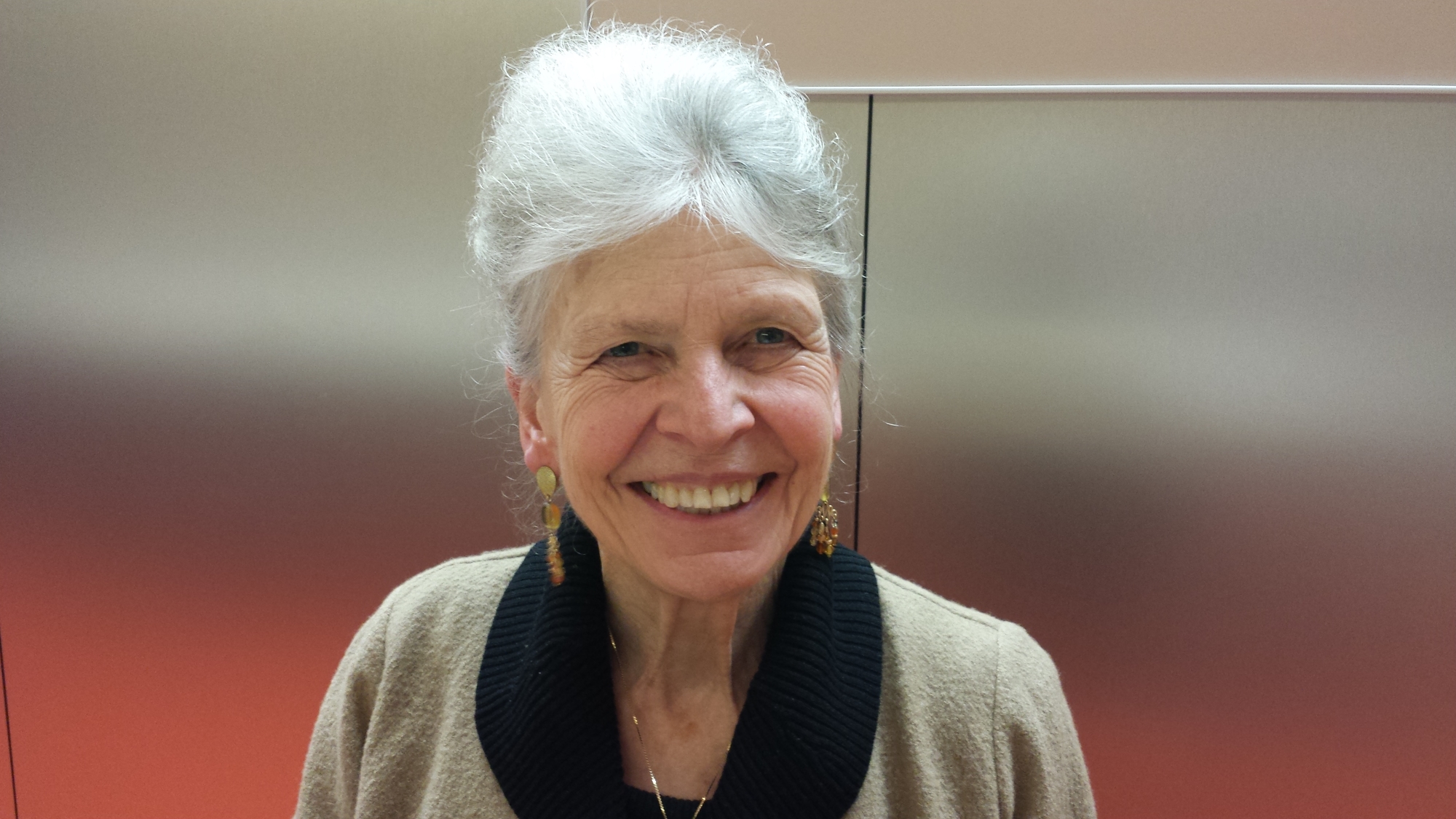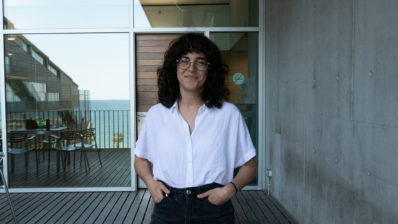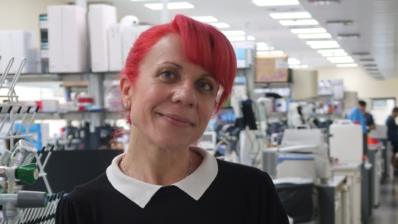Joan Steitz, professor of molecular biophysics and biochemistry at Yale University and the Howard Hughes Medical Institute, came to Barcelona in January 2015 to participate in the Centre for Genomic Regulation (CRG) faculty retreat. Considered one of the founders in the field of RNA biology and world-renowned for her many seminal contributions, she is also a prominent activist, promoting scientific careers for women. During her stay at the Biomedical Research Park of Barcelona (PRBB) she gave a talk about her research into non-coding RNAs and participated in a round table about women in science.
Is science a particularly sexist field?
Not really. I would say it’s comparable to law, finances… all high-pressure and competitive professions seem to have the same problem! Actually, a recent issue of Science shows that the most sexist fields seem to be those which people think you need to be a genius to work in – like physics, and even philosophy! Within science, the biosciences are typically viewed as the most gender-balanced.
When you started, there were virtually no female role models in research… how did that affect you?
Well, as student and even a postdoc, it didn’t even enter my mind that I would become a group leader! I was shocked when I had a job offer. Molecular biology was a new field and there were hardly any US universities that had molecular biologists, so that helped. But I didn’t feel prepared for it at all! However, I always like to rise to challenges and I thought if someone can do it, why not me? But it was scary. There were only a couple of other women at Yale at the time.
Have you ever experienced discrimination due to your gender?
I have seen terrible things happen to others but I have only experienced minor issues. Probably like a lot of women in my generation, I feel I’ve been very lucky and escaped major discrimination.
How has the situation improved over the last 20 years?
Things haven’t changed enough, but they have changed incredibly! There used to be very overt discriminatory comments. Now everyone is more sensitised and these things are not said overtly – that doesn’t mean they are not said in private, at dinner tables, for example. And women still get paid less than men for the same job. So we’re still not there.
What can be done and who should do it?
All we have to do is increase the number of women in science, because being in the minority is definitely not helpful; it’s part of the problem! I don’t know how to do that, though. But changes should come from the top. I’ve seen things improving with a new director, only to go backwards again with another. Also, funding agencies and governments should collect information about the percentages of women applying for and getting grants, make it public, give it to people who are taking the decisions, use it to compare over time and see how things are changing. We need to keep an eye on this.
“Funding agencies and governments should collect information about the percentages of women applying for and getting grants, make it public, give it to people who are taking the decisions”
Some countries are better than others…
A good example is the “120% support grant” in Switzerland. A female researcher who has a small child can choose to work part-time and have a 20% reduction in her salary. She then receives 40% of her salary from the government, which she can use for hiring someone to help in her research, or for child care.
Any advice?
There are implicit bias tests which have uncovered really impressive things. You don’t realise how biased you yourself are and how subject to stereotypes until you do the tests. So, I would suggest all researchers do them and reflect on their own attitudes! Maybe part of the change can come from within.







